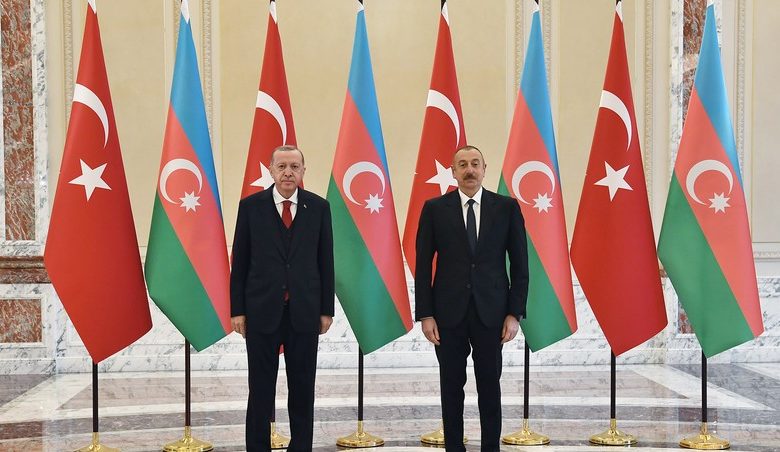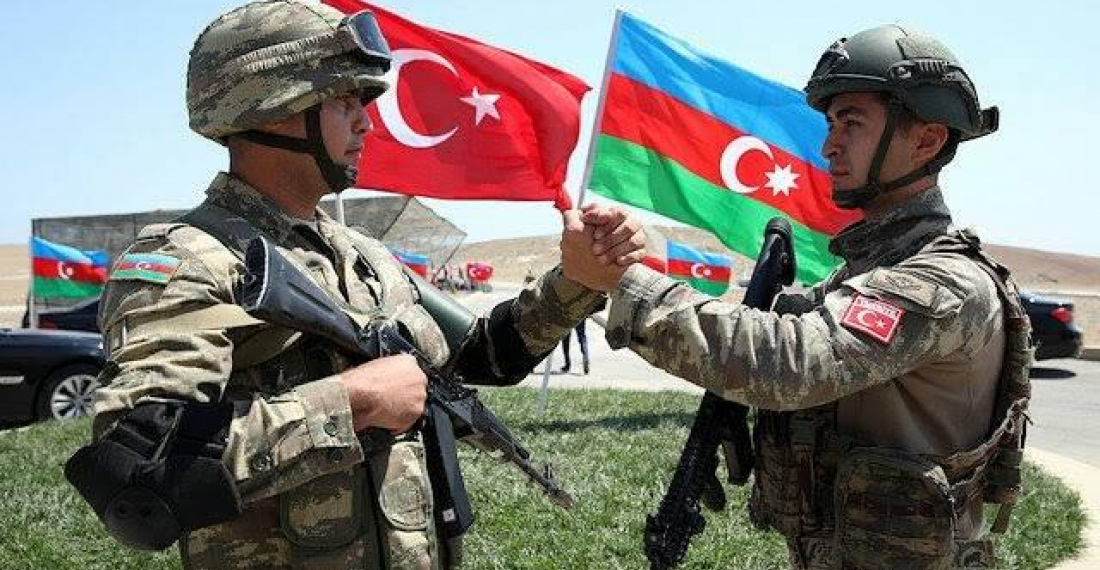Publication: Eurasia Daily Monitor Volume: 20 Issue: 108
After winning re-election, Turkish President Recep Tayyip Erdogan significantly reshuffled his ministerial cabinet. Unlike in previous terms, this time, Erdogan decided to make significant changes to his cabinet while signalling upcoming reforms amid economic difficulties at home and political disputes abroad. In addressing domestic needs, the Turkish president appointed internationally respected ex-banker Mehmet Şimşek as the new minister of finance and Cevdet Yilmaz, former minister of development and deputy prime minister in charge of the economy, as vice president (Al Jazeera, June 3). Although the cabinet members are newly appointed bureaucrats, they are not completely “new faces” as they were heavily engaged in Turkish politics before their appointments.




